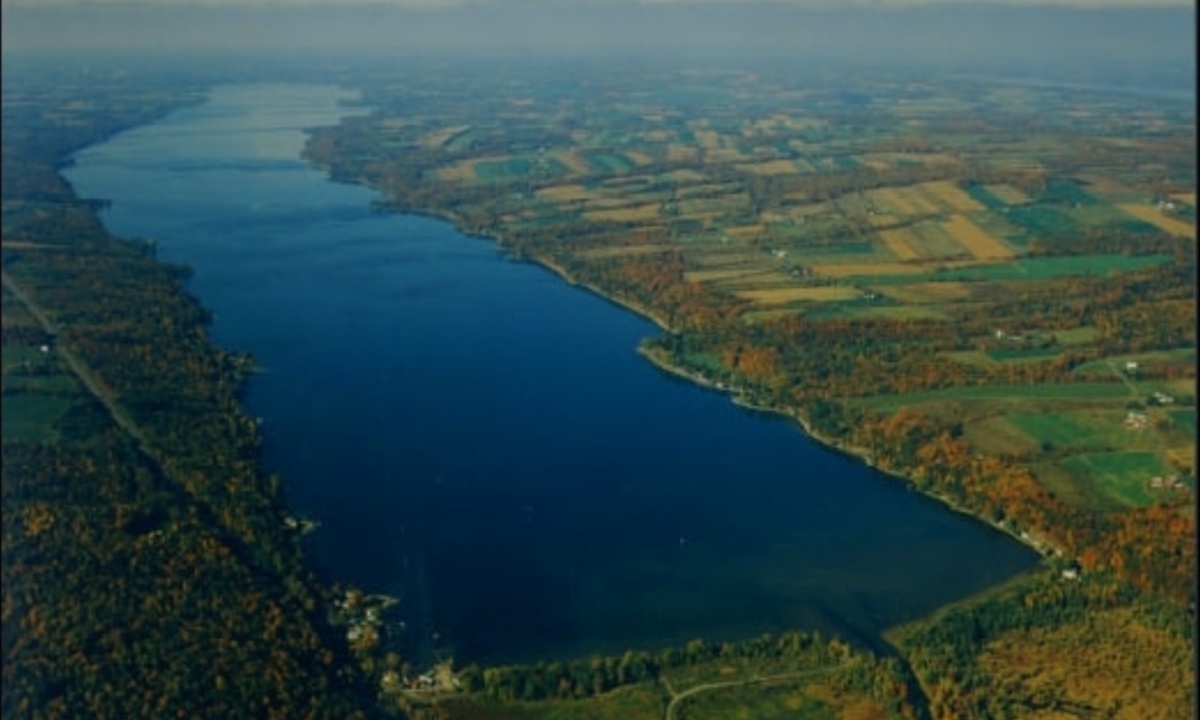Owasco Lake, a vital drinking water source for the region, faces serious contamination risks, prompting local officials to push for updates to watershed regulations. The City of Auburn and the Town of Owasco initiated efforts to modernize the 1984 Owasco Lake Watershed Rules and Regulations, aiming to improve and preserve water quality in light of contemporary environmental challenges.
Auburn Mayor Jimmy Giannetino emphasized the necessity of these updates, citing significant changes since the 1980s and the need to address current threats to the water supply.
The urgency for updated regulations became clear after 2016 testing revealed that toxins from harmful algal blooms (HABs) had infiltrated treated drinking water. An extensive review process involving public input and stakeholder meetings culminated in a final draft presented to the Auburn City Council and the Owasco Town Board in October 2020.

Both bodies endorsed the regulations, which were subsequently submitted to the New York State Department of Health for approval. The updates focused on reducing phosphorus runoff, controlling HABs, and managing agricultural practices to mitigate nutrient pollution, all critical for maintaining the lake’s water quality.
Despite the comprehensive and collaborative effort, the state Department of Health unexpectedly denied the updated regulations without offering revisions, putting the multi-year endeavor at risk. This decision surprised local officials, who had anticipated a revised version rather than an outright rejection.
The proposed changes were crucial for safeguarding the drinking water supply for around 45,000 residents and relied on a science-based approach to address pollution and water quality issues.
The unexpected denial led to immediate outrage and confusion among Auburn and Owasco officials, who called a press conference to express their concerns. Mayor Giannetino criticized the state for its inconsistent messaging and lack of action, accusing it of failing to protect public health despite having encouraged the community-driven process.
He highlighted the contradiction of the state’s stance, especially given the Health Department’s previous authoritative actions during the Coronavirus Pandemic, and called for necessary measures to address the lake’s environmental challenges.
Looking ahead, Mayor Giannetino expressed concerns about the potential consequences of inaction, emphasizing the vital role of Owasco Lake in the region’s progress and development. He indicated plans to escalate the issue to federal representatives, arguing that the state’s inaction violates the Clean Water Act.
The Mayor remains cautiously optimistic but acknowledges the difficulty in addressing the issue without stronger political will, underscoring the critical need for state and federal intervention to protect the lake and the community’s future.

